Indians our blood brothers, as well as rivals, in testing times
When the Australian and Indian teams take the field at the Adelaide Oval for the first Test, they will carry the weight of history on their shoulders.
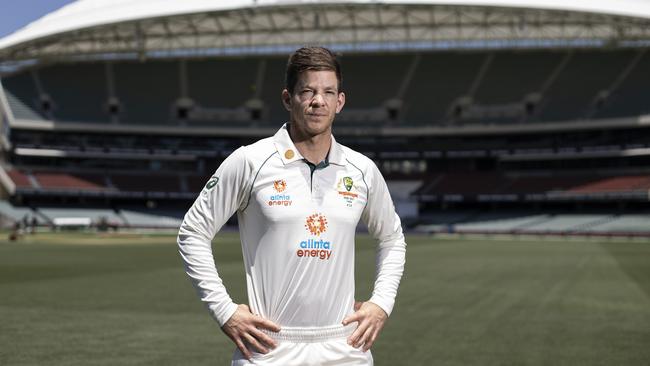
When the Australian and Indian teams take the field at the Adelaide Oval for the first Test, they will carry the weight of history on their shoulders.
India played its first Test cricket match as an independent nation against Australia. Yet victory over Australia here in a Test series eluded them until 2018-19.
There is fresh urgency to the rivalry this year. India exorcised their demons on their last visit, and the current Indian team is determined to cement its dominance. But Australia, as Tim Paine wrote on Wednesday, is thirsty for revenge. It promises to be a fiercely contested series between two proud nations.
Yet the burden of the past extends beyond the pitch. “Before we were competitors, we were comrades. Indians and Australians fought wars together on the same side.” That reminder came from Indian batting legend Rahul Dravid in his Bradman Oration in December 2011. That night, Dravid mesmerised the audience with his gentle, lilting cadences as he delivered an oration for the ages. His rhetoric soared to heights worthy of the venerable Lancaster bomber behind him.
Those privileged to hear him that night were spellbound as he paid tribute to the unknown soldiers of India and Australia, while reminding the audience that no sporting contest demands as much sacrifice as war.
There is a paradox in the intensification of our cricketing rivalry with India, because history is making us comrades again. As this summer unfolds, China is coercing Australia through ruthless penalties against our mining and agricultural exporters.
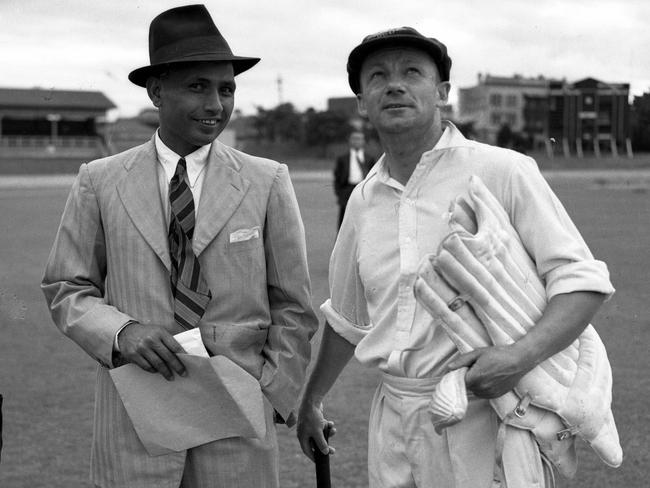
In May this year, Chinese and Indian troops engaged in clashes along the disputed Line of Actual Control in eastern Ladakh. Comrades and competitors. Our cricketing ties are deepening. But so are our geopolitical interests.
Former prime minister Tony Abbott said he suspected about one in 100 Australians would know the truth of what Dravid said in that speech.
“The Indians fought alongside us at Gallipoli and El Alamein and at the fall of Singapore,” Mr Abbott said. “Ties of kin and blood bound us together even before India became an independent nation. Their soldiers fought bravely in every conflict that shaped us.”
As prime minister, Mr Abbott also nurtured close ties with Shinzo Abe of Japan. Although Sino-Australian relations were then flourishing, Mr Abbott always believed the so-called Quad comprising the US, Australia, Japan and India offered an important power-balancing device in an increasingly contested area of relevance to Australia.
“It is fair to say that John Howard really pioneered the potential of the quadrilateral relationship. But I believe that shared values and interests are vital in sustaining viable long-term security interests,” Mr Abbott said.
He visited India within 100 days of the election of Prime Minister Narendra Modi.
He recalled hearing of Mr Modi’s election at a Liberal fundraiser at Cranbourne racecourse.
“As soon as I learned of his victory, I wanted to congratulate him and I stepped into a stairwell to chat. That laid the foundations of my visit to India in 2014.”
Mr Abbott understood that cricket loomed large in Indian culture. He made a conscious decision to include legendary fast bowler Brett Lee in his official party. Lee is adored by Indians for his cricketing prowess and his roles in Bollywood films. He thus straddles the most powerful cultural influences in modern India.
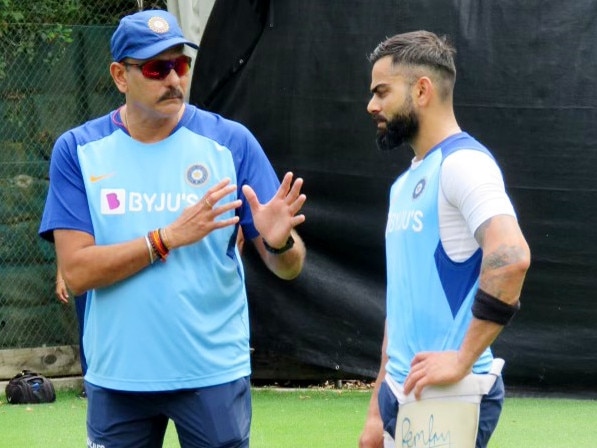
“The relationship is much broader than cricket, but because of the cultural significance of cricket in our nations, I wanted to demonstrate to Indians I understood their passion. Brett helped me to send an important message to them,” Mr Abbott said.
Current Indian coach Ravi Shastri, from the Adelaide team bubble, recalled a lengthy and frank conversation with Mr Abbott as a guest at Kirribilli House, where they discussed the importance the then prime minister attributed to relations with India.
“We spoke for 10 minutes about the broad relationship between our countries. I remember it vividly. He is a busy man so he does not make small talk. He was very eager to learn more,” he said.
Although India’s first series as an independent nation was against Australia in 1947, the acrimonious partition and formation of Pakistan ensured that, until recently, they remained arch-rivals.
With Tests against Pakistan suspended, Australia looms largest in the psyche of Indians.
Shastri believes Indians regard Australia as the arch-rival in cricket. “It is true that for a long time after independence our fans and players gauged their status by the results against Pakistan. For a time, perhaps, the West Indies set the benchmark that we sought to match. But today, the challenge of defeating Australia, especially in Australia, is important,” he said.
Shastri, who brings four decades of playing and coaching experience to his assessment of the rivalry, believes the Indian Premier League has deepened the bonds between players from both nations. While the rivalry is fierce, there is more mutual respect.
As he told The Australian: “Australia is a tough country to tour. This year especially, with the challenge of COVID, it presents particular challenges. Lack of cricket over the past five months is a real issue, especially for the fast bowlers. It has to affect fitness.
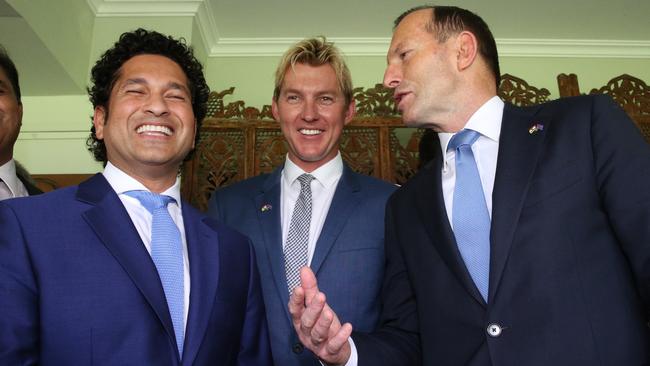
“How they sustain their workload over coming weeks and avoid injury will be crucial to the outcome. In the back of all our minds is the fact we finally won our first series here two years ago. But that does not take away the pressure to perform right now. We need to face the job in hand as a fresh challenge. It will be a fiercely contested series.“
His assessment is echoed by former Australian captain Greg Chappell, who coached the Indian Test team between 2005 and 2007. In a recent profile of Indian skipper Virat Kohli, Chappell said Kohli epitomised the new confidence and mental toughness of Indian cricket. He said Kohli was “the most Australian non-Australian cricketer of all time” who had spearheaded India’s rise to world dominance. “They were never as strong away from home as they were at home,” he said. “They produced some terrific spinners and could play spin well on their own decks. That has changed. In terms of physical fitness and mental toughness, they are at a new level.
“Their out cricket could be patchy. Virat and Ravi are exacting in insisting on standards. And they produce genuinely quick bowlers.
“That is a new phenomenon.”
Chappell sees a parallel with the champion Australian teams of his career. “We were seen as a bit brash and arrogant back in the 70s. Australia was becoming more self-confident. Our cricket was a sign of the times. That is like the Indians now.
“They are a cricketing superpower and well on the path to being an economic and military power. Cricket unifies the nation but the Test team reflects the way the country feels about itself.”
Nor is the importance of the Indian relationship lost upon Scott Morrison, who made personal connection with Mr Modi a priority this year.
Mr Morrison said: “I am delighted to welcome the Indian tourists to Australia where they are honoured guests. While I would love our blokes to win, there are no losers in this relationship. Both our nations love cricket and admire genuine champions whether their names are Smith or Kohli.”
The first Test will be an intense contest. But larger forces are at play in an unstable region.
So while India and Australia compete, we remain comrades in the truest sense.

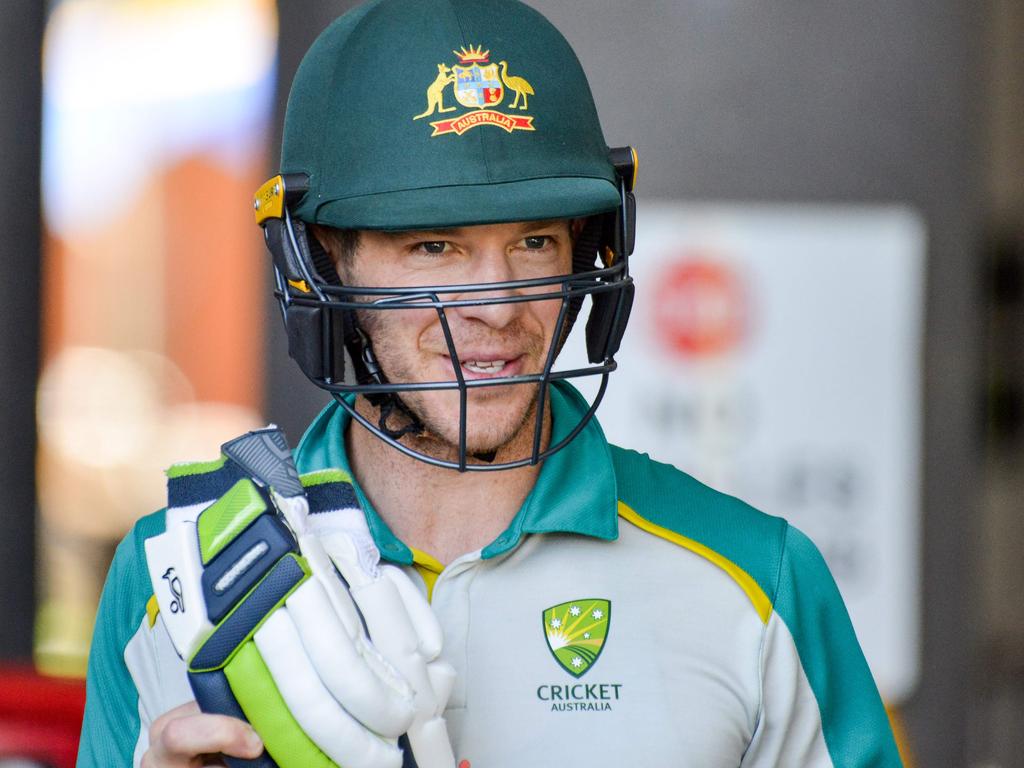
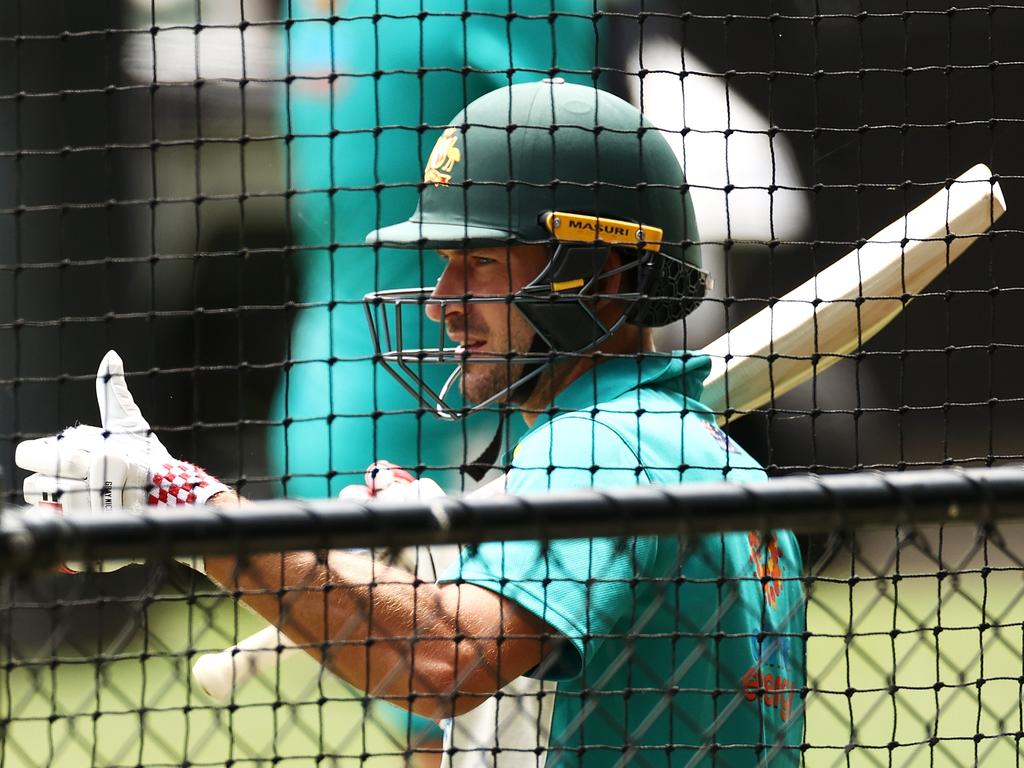
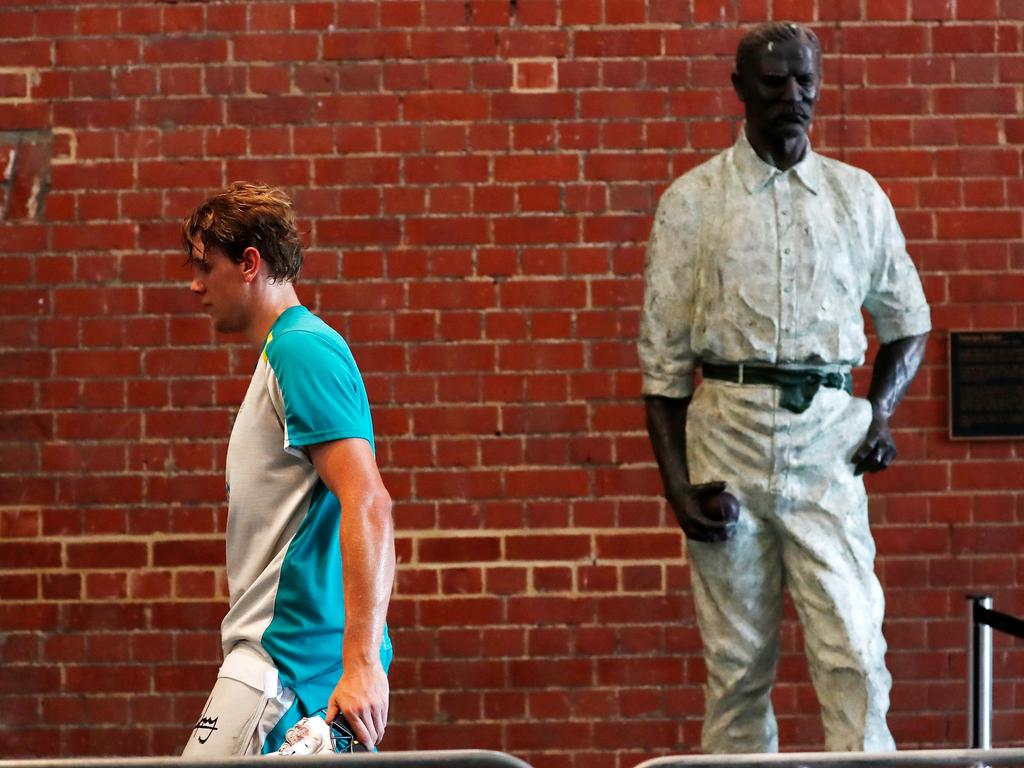
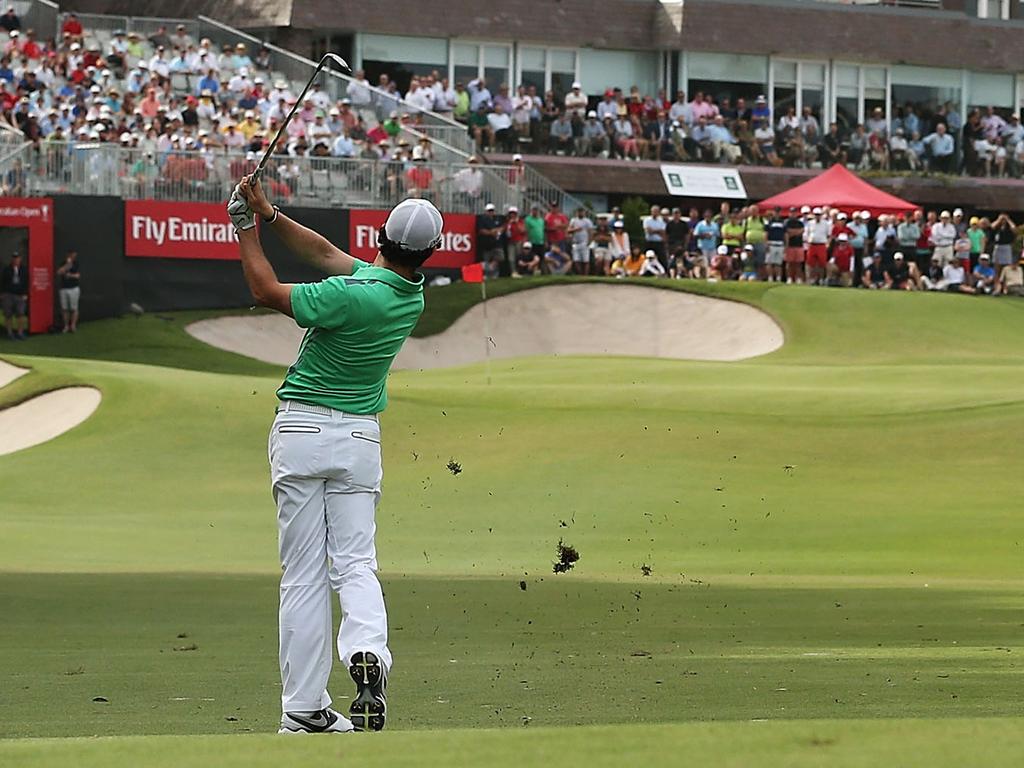


To join the conversation, please log in. Don't have an account? Register
Join the conversation, you are commenting as Logout